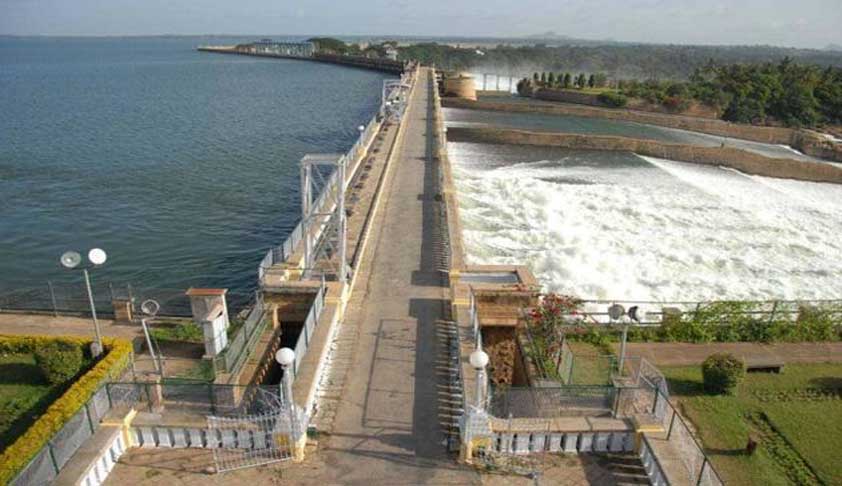Cauvery Dispute: SC Turns Down Karnataka’s Plea To Adjourn Matter Till July First Week
Mehal Jain
16 May 2018 4:17 PM IST

Next Story
16 May 2018 4:17 PM IST
The states of Kerala and Tamil Nadu, and the UT of Pudducherry submitted before the Supreme Court on Wednesday their responses to the draft scheme framed by the Centre under Section 6A of the Inter-State Water Disputes Act of 1956 in pursuance of the February 16 verdict in the appeals against the 2007 award of the Cauvery Water Dispute Tribunal (CWDT).Regarding the nomenclature of the...
